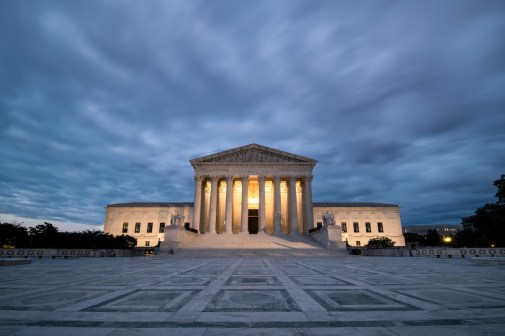FCC expands E-Rate subsidies for rural schools, libraries
The Federal Communications Commission voted Dec. 11 to expand the funding cap for a program that gives schools and libraries in rural and underprivileged areas a chance for better access to Wi-Fi and broadband connections.
The 3-2 vote raised the program’s spending cap to $3.9 billion — an increase of nearly 63 percent over the previous cap of $2.4 billion. Funded by a 16-cent tax increase on citizen’s monthly phone bills, the increase will help to boost a July plan that funneled $5 billion more into the E-Rate program over the next five years. The added $5 billion could potentially provide a 75 percent increase in Wi-Fi funding for rural schools and a 60 percent increase for urban schools.
Daisy Dyer Duerr, a principal at a high school in St. Paul, Arkansas, spoke at an FCC open meeting about how she needed Internet connectivity in her classroom to educate students who might have limited access to a range of subjects.
“If you are going to be a deep-sea diver, you need to know how to swim,” Duerr said. “We have to throw them out in the water and give them accessibility.”
(School’s access to the Internet is seen not only as an way to bring a world of learning opportunities to rural schools, but also an increasingly important lifeline to rural communities. Read: How a high school tech program hopes to lift a rural Alabama town out of poverty).
Dallas Dance, superintendent of Baltimore County Schools in Maryland, said that as his schools have received increased Internet connectivity, student graduation rates have increased while discipline issues have dropped.
“Our students have Wi-Fi in McDonald’s and Starbucks, but not in schools,” Dance said. “This can’t exist.”
The members of the commission who voted against the expansion called the 16-cent per month tax increase “wasteful spending” and said the FCC doesn’t make hard choices, but instead “pours more money into a broken system.”
In response, FCC Chairman Tom Wheeler said he was aghast at the hostility over giving students access to a 21st century education.
“The greatest moral responsibility that any generation has is the preparation of the next generation,” Wheeler said. “Sixteen cents a month, less than the cost of a soda at McDonald’s, is a small price to pay for that great responsibility that we all have.”






